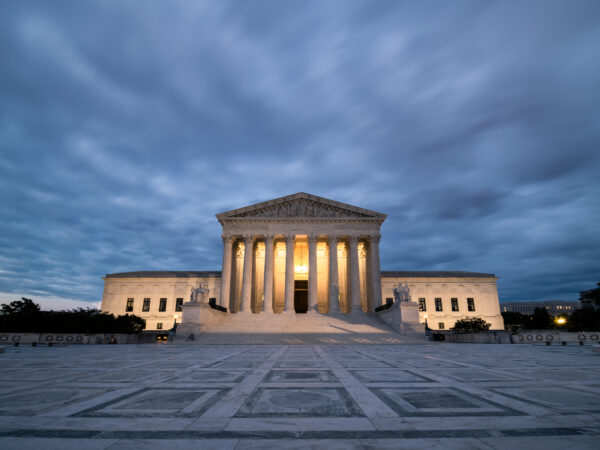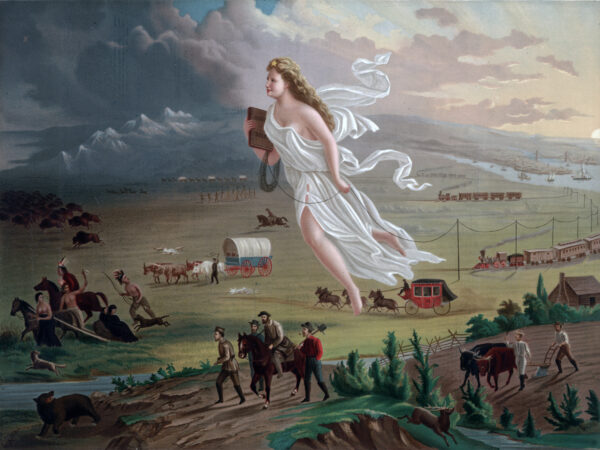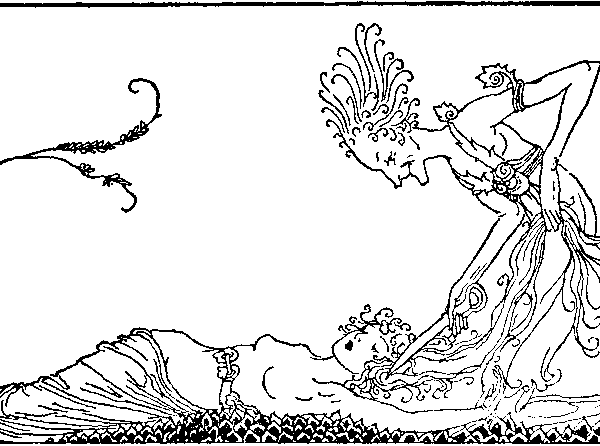
David Brazil, Sarah Pritchard, Precious Bedell, and Joshua Dubler discuss the foundations of a national jail and prison ministry.
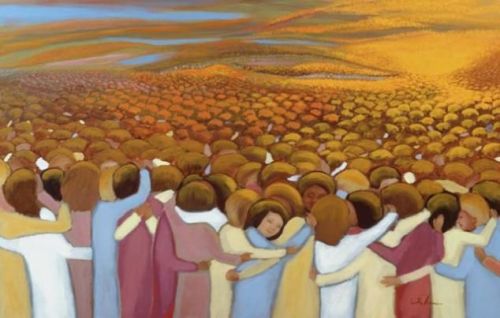
The ecclesiological model that emerges from reading Paul and Mouffe could allow us to position the church itself as a politically and theologically diverse community within the larger society. The role of the church is not to strive towards articulating one uniform voice, both within or in public spaces, but highlight various and even rival voices.
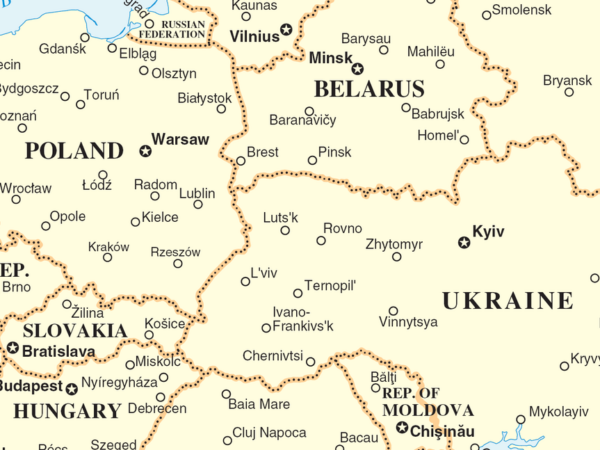
I am a Christian theologian who abhors war and believes that all other reasonable means should be exhausted before the use of lethal force is undertaken. At the same time, I am convinced that there are times – albeit rare – when the evil is so great that no measure other than force will prevent grave atrocities on a massive scale.

Abolition is not just about closing prisons. It’s not just about stopping police or closing police departments, but it’s also about abolishing the police in our heads. It’s also about abolishing the prisons in our imaginations that prevent us from thinking about new ways and better ways to treat each other and to keep each other safe.
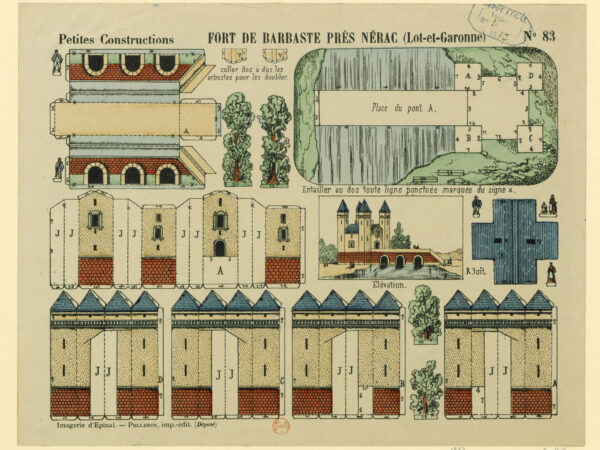
Doxa is a term used in sociology to contend with belief and orthodoxy without reducing either to behavior or cognition. It explores disposition and embodied belief—the gut sense of the world which is acquired through practice rather than discourse.

Political theology amidst and against human caging must carry out continued rigorous analysis of the practices that support this system. It must continue to critique the social power wielded against liberation by American Christians historically, and contemporarily as well by non-Christian religionists and seculars who have accepted the terms implicit in the contract with whiteness.
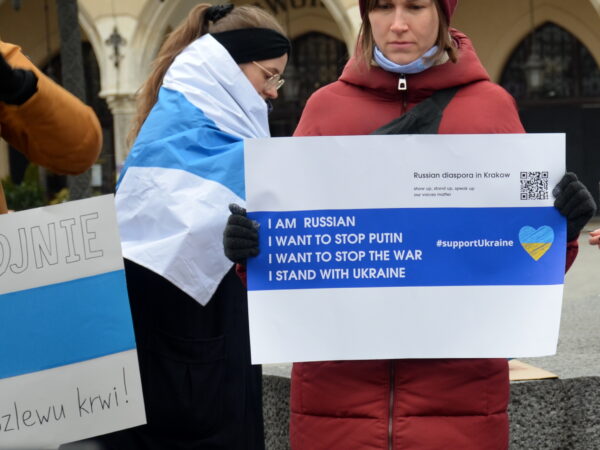
Paul J. Griffiths contends that the hands of every American taxpayer now drip with blood because the U.S. is supporting Ukraine’s war of self defense. American hands might be covered in the blood of innocents from Afghanistan to Somalia to Yemen, but there has been no transgression in Ukraine. In fact, from the perspective of Christian just war reasoning, it can be argued that the U.S. and Europe have not done enough.
